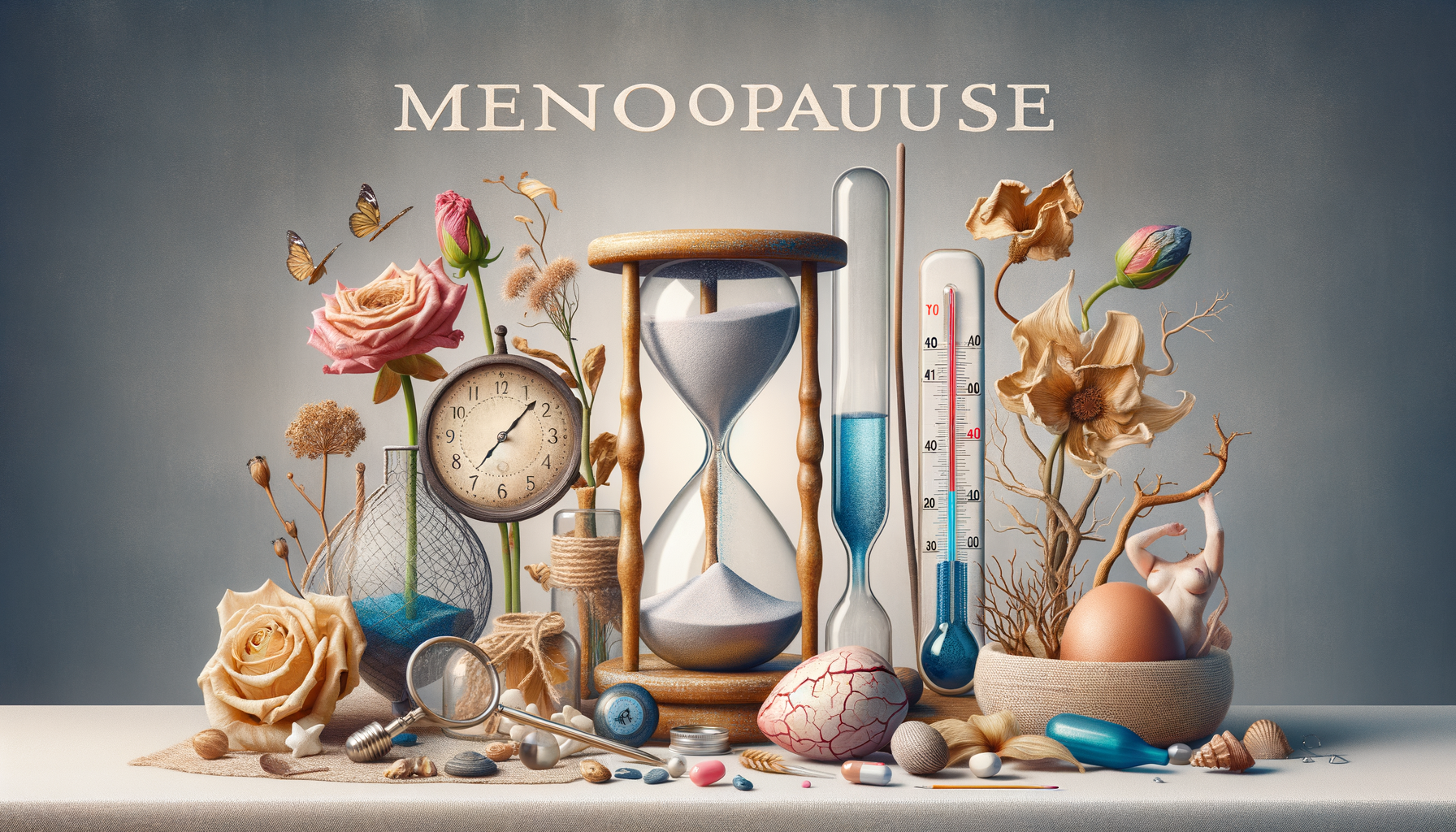Introduction to Menopause
Menopause is a natural biological process that marks the end of a woman’s reproductive years. Typically occurring in the late 40s or early 50s, menopause is characterized by a decline in estrogen and progesterone production, leading to the cessation of menstruation. Understanding menopause symptoms is crucial for managing this transition effectively. This phase can bring about a range of physical and emotional changes, impacting each woman differently. Awareness and education about menopause can empower women to navigate this life stage with confidence and ease.
Common Symptoms of Menopause
Menopause symptoms vary widely among women, but some are more common than others. Hot flashes are perhaps the most well-known symptom, causing sudden feelings of warmth that spread through the upper body. Night sweats, a related symptom, can disrupt sleep and contribute to fatigue. Other common symptoms include:
- Irregular periods
- Vaginal dryness
- Mood swings
- Weight gain
- Thinning hair
- Dry skin
These symptoms result from hormonal changes and can affect daily life. While some women experience mild symptoms, others may find them more severe and disruptive. Understanding these symptoms and their causes can help in seeking appropriate treatments and lifestyle adjustments.
Natural Ways to Manage Symptoms
Many women look for natural ways to ease menopause symptoms. Lifestyle changes can play a significant role in alleviating discomfort. Regular exercise, for instance, can help manage weight, improve mood, and promote better sleep. A balanced diet rich in calcium and vitamin D supports bone health, which is crucial as the risk of osteoporosis increases post-menopause. Additionally, stress-reducing practices such as yoga, meditation, and deep-breathing exercises can help manage mood swings and anxiety.
Herbal supplements, like black cohosh and red clover, are often used to relieve hot flashes and night sweats. However, it’s important to consult with a healthcare provider before starting any supplement regimen, as they can interact with other medications.
Medical Treatments and Options
For women experiencing severe menopause symptoms, medical treatments may be necessary. Hormone Replacement Therapy (HRT) is a common option that involves taking estrogen and progesterone to alleviate symptoms like hot flashes and vaginal dryness. While HRT can be effective, it also carries potential risks, such as an increased likelihood of blood clots and certain types of cancer. Therefore, it’s important to discuss the benefits and risks with a healthcare provider.
Non-hormonal medications, such as antidepressants, can also be prescribed to manage mood swings and hot flashes. Additionally, vaginal estrogen creams can address dryness and discomfort. Each treatment option should be tailored to the individual’s needs and medical history, ensuring a personalized approach to menopause management.
Conclusion: Embracing Change
Menopause is a significant life transition that every woman experiences in her own way. By understanding menopause symptoms and exploring a combination of natural and medical treatments, women can find relief and maintain their quality of life. Open communication with healthcare providers, along with support from family and friends, can make this journey more manageable. Embracing this change with knowledge and a proactive approach can lead to a fulfilling and healthy post-menopausal life.




Leave a Reply